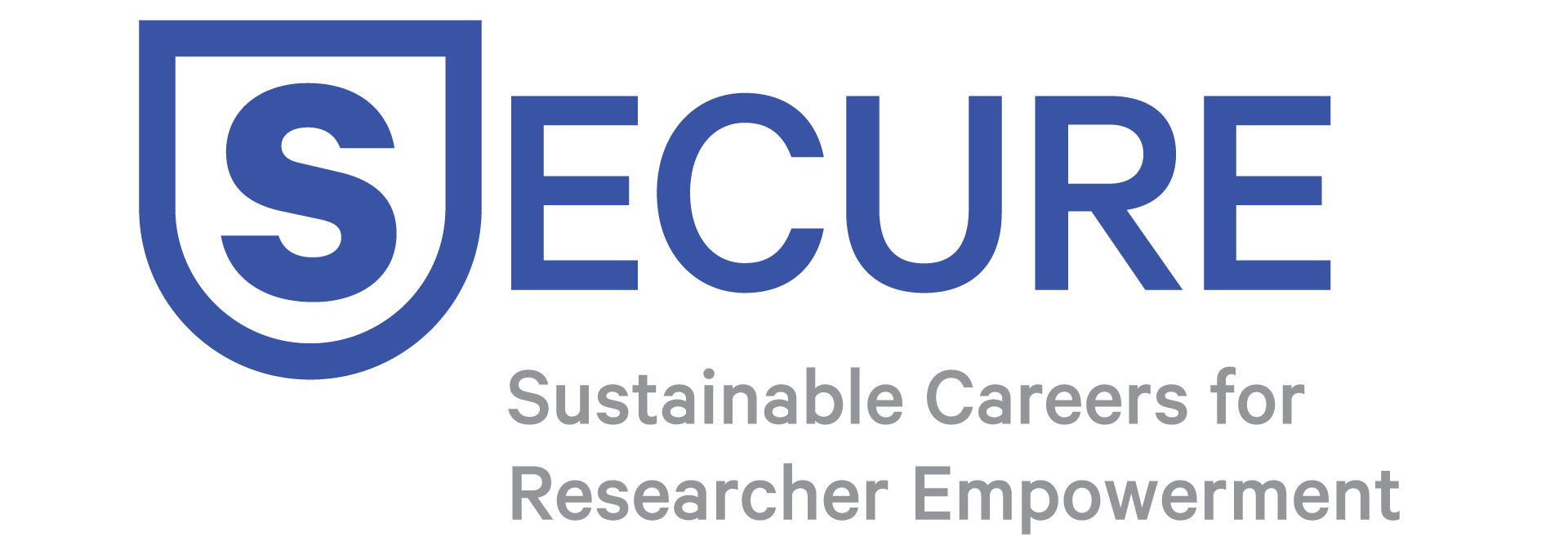In December 2023, Council of the EU secured a pivotal political agreement that should provide enhanced support to researchers and research careers within the European Union. The Council’s recommendation not only propels efforts to cultivate a more appealing, open, and sustainable European labor market, but extends a welcoming hand to researchers, innovators, and entrepreneurs appealing for foreign talents.
Since 2005, the European Charter for Researchers and the Code of Conduct served as guidelines for researchers and their employers, fostering the growth of the European Research Area. Nevertheless, 18 years later, their limitations underscore the need for more targeted and effective measures. To secure the future, the EU research landscape demands innovative solutions to create a more supportive and inclusive environment for the next generation of researchers.

Related to that, the newest Council recommendation on a European Framework to attract and retain research, innovation and entrepreneurial talents in Europe (15135/1/23) is a crucial component of a comprehensive series of EU acts spanning the last two decades, collectively shaping the European Research Area (ERA) and driving the ERA Policy Agenda. It breathes fresh life into researcher profiles (R1-R4), initially introduced in 2011, and finally announces the European Charter for Researchers, a comprehensive revision of the 2005 Charter and the Code of Conduct for the Recruitment of Researchers.
The primary goal of this recommendation is twofold: to retain top-tier researchers within the Union and position Europe as a global hub for research talents. Central to this mission is a reassessment of the term ‘researcher’ and a broadening of their activity spectrum to encompass a vast array of career options. The new approach recognizes not only the pivotal role of researchers but also emphasizes the vital contributions of research managers and technicians in steering high-level research and innovation. The recommendation places a strong emphasis on promoting inter-sectorial and interdisciplinary career paths, entrepreneurship, and innovation, recognizing the significance of diverse career trajectories in academia, business, public administration, and the non-profit sector.
Delving into specifics, the recommendation targets an overarching improvement in researchers’ working conditions, emphasizing the importance of a work-life balance and addressing job insecurity. Early-career researchers are given special attention, focusing on bolstering social protection measures. Additionally, the recommendation confronts persistent inequalities in research careers, addressing issues such as gender bias, age disparities, and social origin imbalances. It also aims at market challenges, particularly the lack of opportunities for inter-sectoral mobility. The agreement seeks to foster a dynamic flow of talents among sectors, equipping researchers with a versatile skill set to meet the market’s demand for highly skilled professionals. Lastly, by this recommendation, organizations employing or funding researchers are strongly encouraged to endorse the new Charter, symbolizing a unified commitment to the future research in Europe.
With this act, we are setting up standards that will guide Member States, research organisations, funders and stakeholders in increasing stability and attractiveness of research careers in Europe. To reach this goal we need to better coordinate our national policies on Research and Innovation; and we also need to involve all talented researchers, regardless of gender, disability, age, sexual orientation, race or ethnicity, socioeconomic origin or any other circumstances by effectively addressing persisting inequalities in research careers. — Diana Morant Ripoll, Spanish Minister for Science, Innovation and Universities



